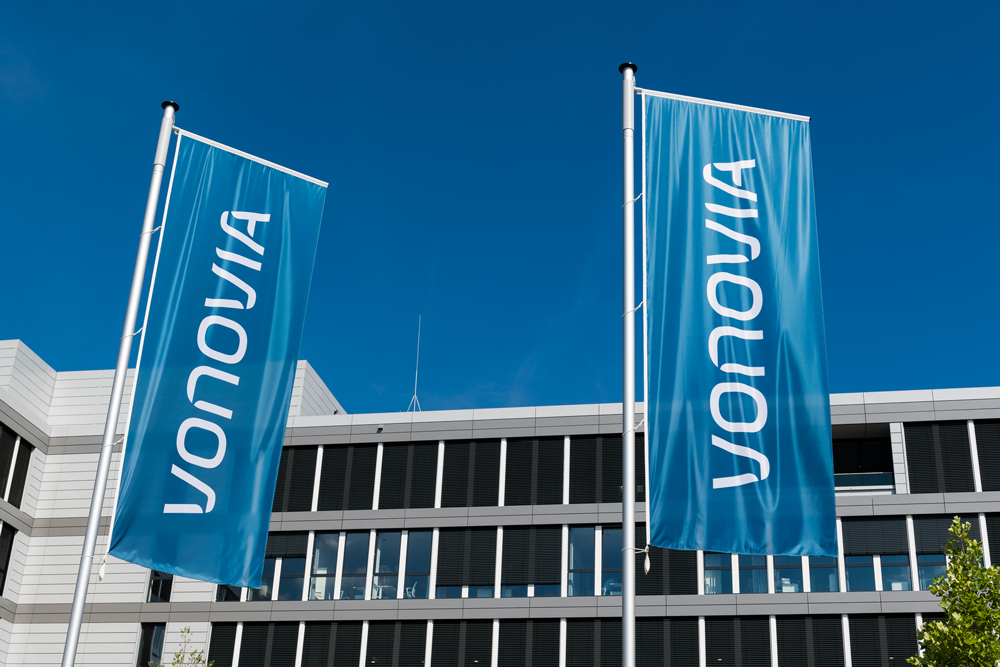Supervisory Board
Duties and Responsibilities
The Supervisory Board appoints, supervises and advises the Management Board and is directly involved in decisions of fundamental importance to the company. The Supervisory Board performs its work in accordance with the legal provisions, the Articles of Association, its rules of procedure and its resolutions. It consists of twelve members, who were each elected for four fiscal years by the 2018 Annual General Meeting. The Supervisory Board continuously oversees the management and advises the Management Board.
The Supervisory Board examines and adopts the annual financial statements and the combined management report. It assesses and confirms the proposal for the appropriation of profit as well as the consolidated financial statements and the combined management report on the basis of the report prepared by the Audit Committee. The Supervisory Board reports in writing to the shareholders at the Annual General Meeting on the result of its examination.
The Chairman of the Supervisory Board is an independent member. The same applies to the chairs of the committees which the Supervisory Board has set up.
The Chairman of the Supervisory Board chairs the meetings and coordinates communications. The members of the Supervisory Board generally have the same rights and obligations. Supervisory Board resolutions are above all passed in the Supervisory Board meetings but also, if necessary, using the written procedure or by other communication means. At least two meetings are held every six months. In addition, if necessary and on the basis of the rules of procedure of the Supervisory Board, a meeting of the Supervisory Board or its committees can be convened at any time at the request of a member or the Management Board.
The Supervisory Board is composed in such a way that its members as a group have the knowledge, ability and specialist experience required to properly complete its tasks, and are all familiar with the real estate industry as the sector in which the company operates. At least one member of the Supervisory Board has expertise in the field of accounting and another member has expertise in the field of auditing.
Each Supervisory Board member shall ensure that he or she has enough time to carry out his or her mandate.
At the time at which this declaration was prepared, no Supervisory Board members exercised directorships or advisory tasks for important competitors of the company (see Conflicts of Interest).
Supervisory Board Self-Assessment
The Supervisory Board performs regular efficiency reviews that are performed, in alternation, as self-evaluations using a written survey conducted among the members and with the involvement of an independent and experienced moderator in the form of personal interviews. The most recent regular evaluation, supported by a moderator and conducted in the fourth quarter of 2019, revealed that the Supervisory Board performs its work efficiently (see Report of the Supervisory Board).
Supervisory Board Committees
The Supervisory Board sets up an Executive and Nomination Committee, an Audit Committee and a Finance Committee from among its members. Further committees are formed as required. Committees are made up of at least four members of the Supervisory Board (see Report of the Supervisory Board). The committees prepare subjects which are to be discussed and/or resolved by the Supervisory Board. In addition, they pass resolutions on behalf of the entire Supervisory Board. The basis for committee work was the transfer of tasks and responsibilities within the scope of the legal provisions.
The Executive and Nomination Committee is made up of the Chairman of the Supervisory Board and four other members to be elected by the Supervisory Board. The Chairman of the Supervisory Board is the Chairman of the Executive and Nomination Committee. The tasks of this committee are, in particular, to prepare the appointment of Management Board members and propose candidates for election as Supervisory Board members, to advise on the remuneration system, to assign responsibilities and to decide in cases of legal and loan transactions with members of the Management Board and conflicts of interest.
The Supervisory Board appoints one of the members of the Audit Committee as the Chairman of the Audit Committee. When electing the committee members, the Supervisory Board shall ensure that the Chairman of the Audit Committee has specialist knowledge and experience in the application of accounting principles and internal control processes. The Committee Chairman should be independent and not be a former member of the company’s Management Board whose appointment ended less than two years before their appointment as Chairman of the Audit Committee. The chairman of the Supervisory Board shall not be the chairman of the Audit Committee. As a result of the FISG provisions, one committee member must have experience in accounting and the other in auditing. The Audit Committee handles, in particular, the monitoring of the accounting process, the effectiveness of the internal control system, risk management system and internal audit system, the audit of the annual financial statements and – unless another committee is entrusted therewith – compliance.
The Audit Committee prepares the resolutions of the Supervisory Board on the annual financial statements (and, if applicable, the consolidated financial statements), and, in place of the Supervisory Board, reaches the agreements with the auditor (in particular the issuing of the audit mandate to the auditor, the determination of strategic audit objectives and the fee agreement). The Audit Committee takes suitable action to assess and monitor the independence of the auditor and the audit quality. The Audit Committee also makes decisions on behalf of the Supervisory Board on the approval of contracts with auditors for non-assurance services.
The Finance Committee consists of the Supervisory Board Chairman or the latter’s Deputy Chairman and four other members. The Finance Committee prepares the resolutions of the Supervisory Board on the following matters:
- Financing and investment principles, including the capital structure of the Group companies and dividend payments
- Principles of the acquisition and disposal policies, including the acquisition and disposal of individual shareholdings of strategic importance.
In place of the Supervisory Board, the Finance Committee adopts resolutions in particular on general guidelines and principles for the implementation of this financial strategy, including the handling of currency risks, interest, liquidity and other financial risks, the handling of credit risks and the implementation of external financing principles, and also on important transactions regarding the acquisition and disposal of properties and shares in companies as well as corporate financing.



